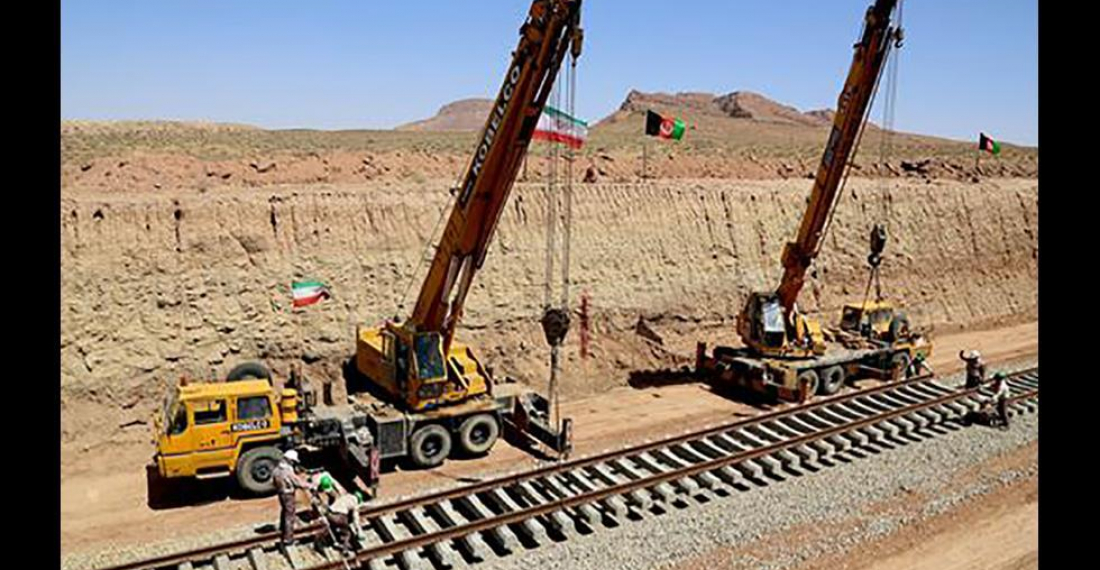Iran's Minister of Road and Urban Development, Mohammad Eslami, announced on Wednesday the Herat-Khaf railway between Iran and Afghanistan will be inaugurated next month, according to Xinhua.
We will inaugurate it at the end of this (Azar) month, with the presence of high-ranking officials of both countries
The operational stages of the Herat-Khaf project development are already finished.
Eslami stressed the importance of the junction between Afghanistan's Herat and Iran's Khaf in terms of domestic freight and passenger transport. He added that Iran aims to maximise its transit options with East Asian countries
In a virtual meeting last October with his Afghan counterpart, Mohammad Yamma Shams, Eslami described the Herat-Khaf railway project as "the starting point and cornerstone for the development of strategic relations" between Iran and Afghanistan.
The Khaf-Herat railway is under construction in four sections with a length of 191 km, of which 77 km is inside Iran, and the other 114 km is inside Afghanistan.







